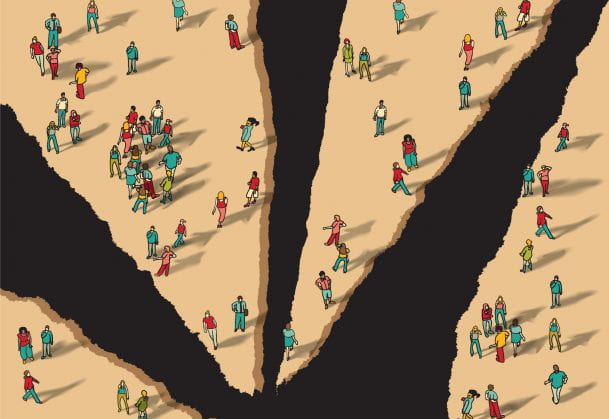Over the course of two weeks, I enrolled in an elective called Social Class: How inequality shapes our lives which was taught by Benjamin Brundu-Gonzalez. Through this course, I understood how class shapes our lives in a variety of domains and I was able to recognize misconceptions about class and stratification whenever and wherever I encounter them in political discourse, in the news or on social media. The course began with traditional theories of social class and stratification. We examined how economic inequality has risen to record levels over the past decades and why it matters. The course then moved on to look at the behavioural and relational dimensions of class divisions. We discussed topics such as “Why do people from different class background develop different ways of thinking, feeling and behaving and how does class impact who we choose as friends and lovers?” We also paid close attention to the ways in which social class interlocks with other social divisions, with the focus on race and gender. Finally, the course ended with class stigmatisation in pop culture and asked how class relations play into the big picture of class politics.
In total there were 7 sessions, (1) What is social class? (2) How big is economic inequality? (3) Is class written into our being? (4) What is the impact of class on personal relationships? (5) What about race and gender? (6) What do we believe about social class? (7) Is class politics still relevant? In my opinion, I found these sessions to be very interesting because they were relevant to today’s world and they are also very applicable to the work I am doing in school such as my EA in which I am focusing on social class and migrant workers in Singapore.
After going through all of these sessions, we had a Petit Oral which was assessed. My group and I focused on the question “Should we be sceptical of meritocracy”. This question was interesting for me as we focused on Singapore, a country in which meritocracy is very prevalent. However, through the research for the oral, though apparently it appears to be an equitable distribution of opportunities, its not really a fair playing field for all.

